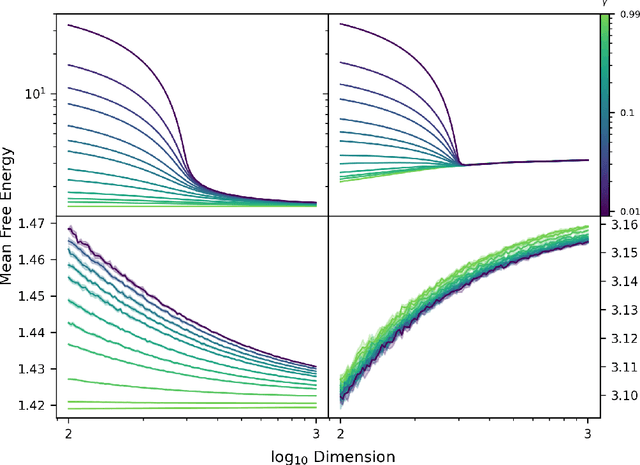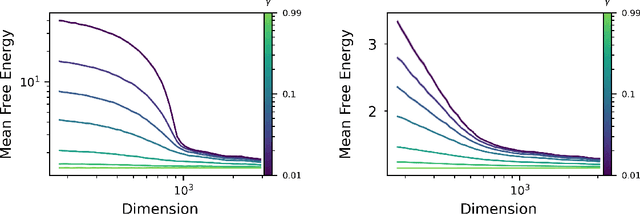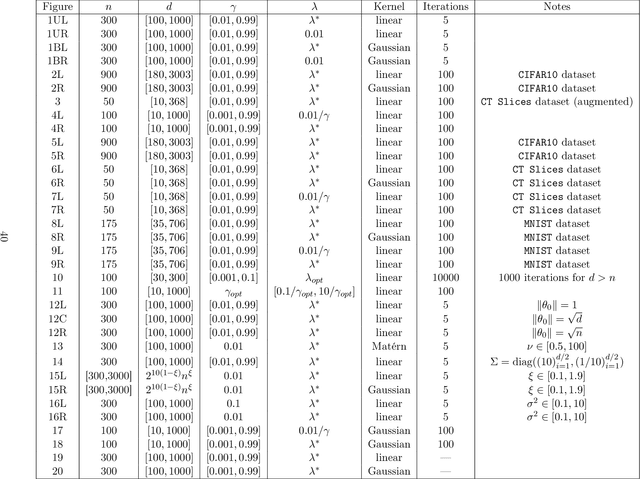Monotonicity and Double Descent in Uncertainty Estimation with Gaussian Processes
Paper and Code
Oct 14, 2022



The quality of many modern machine learning models improves as model complexity increases, an effect that has been quantified, for predictive performance, with the non-monotonic double descent learning curve. Here, we address the overarching question: is there an analogous theory of double descent for models which estimate uncertainty? We provide a partially affirmative and partially negative answer in the setting of Gaussian processes (GP). Under standard assumptions, we prove that higher model quality for optimally-tuned GPs (including uncertainty prediction) under marginal likelihood is realized for larger input dimensions, and therefore exhibits a monotone error curve. After showing that marginal likelihood does not naturally exhibit double descent in the input dimension, we highlight related forms of posterior predictive loss that do exhibit non-monotonicity. Finally, we verify empirically that our results hold for real data, beyond our considered assumptions, and we explore consequences involving synthetic covariates.
 Add to Chrome
Add to Chrome Add to Firefox
Add to Firefox Add to Edge
Add to Edge